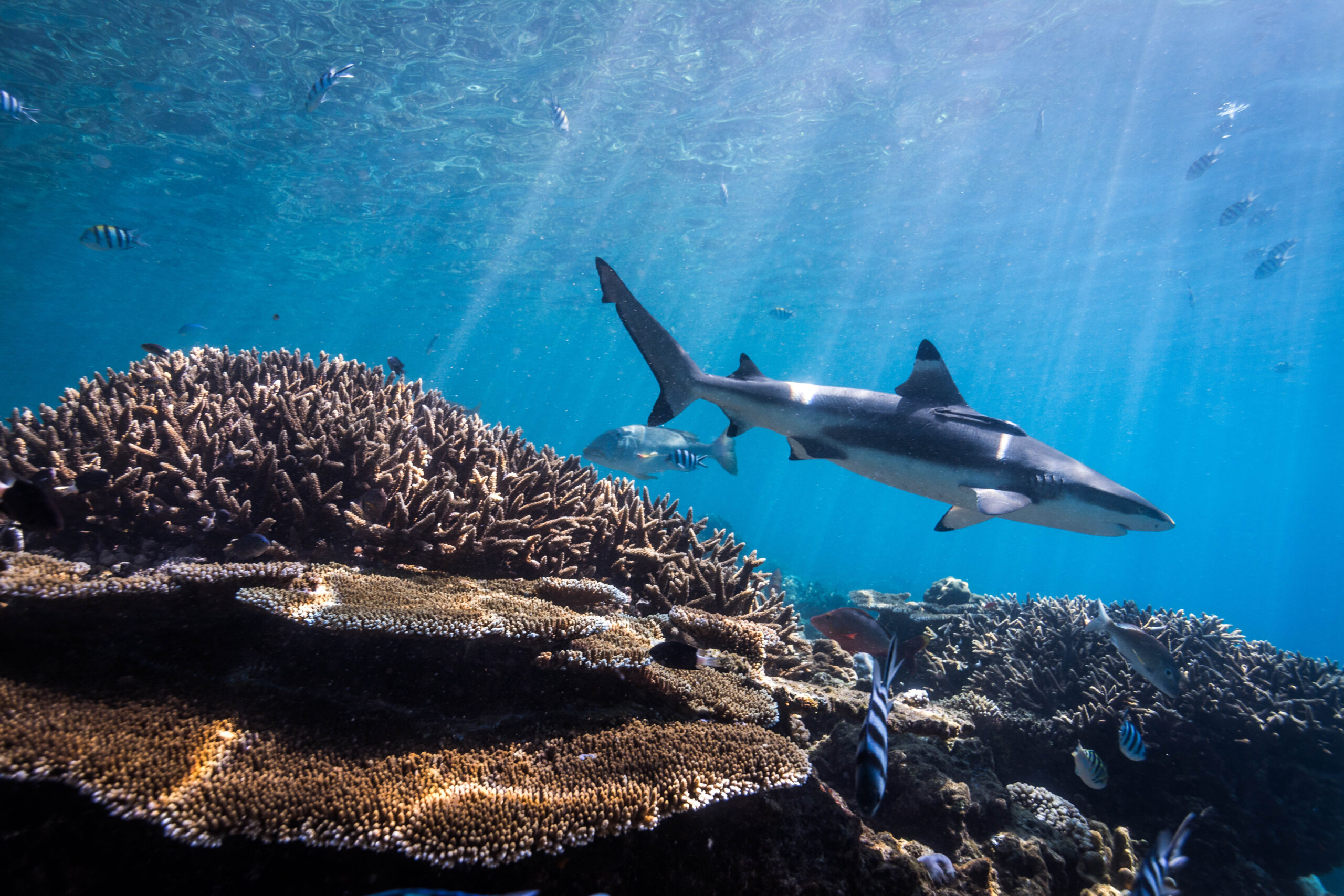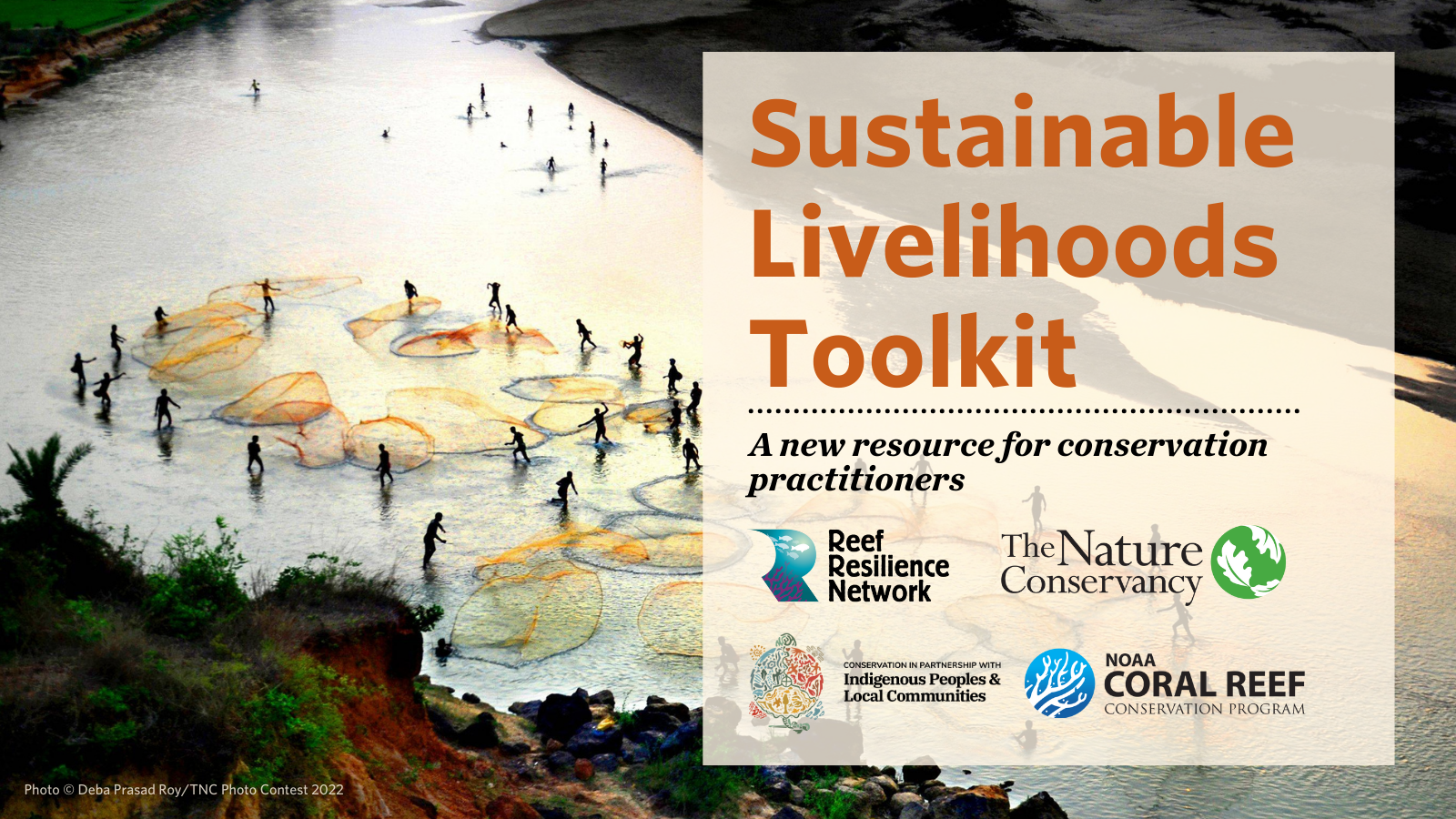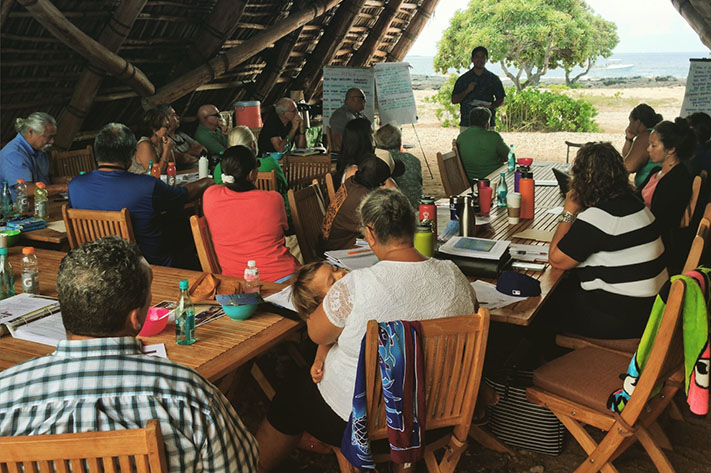

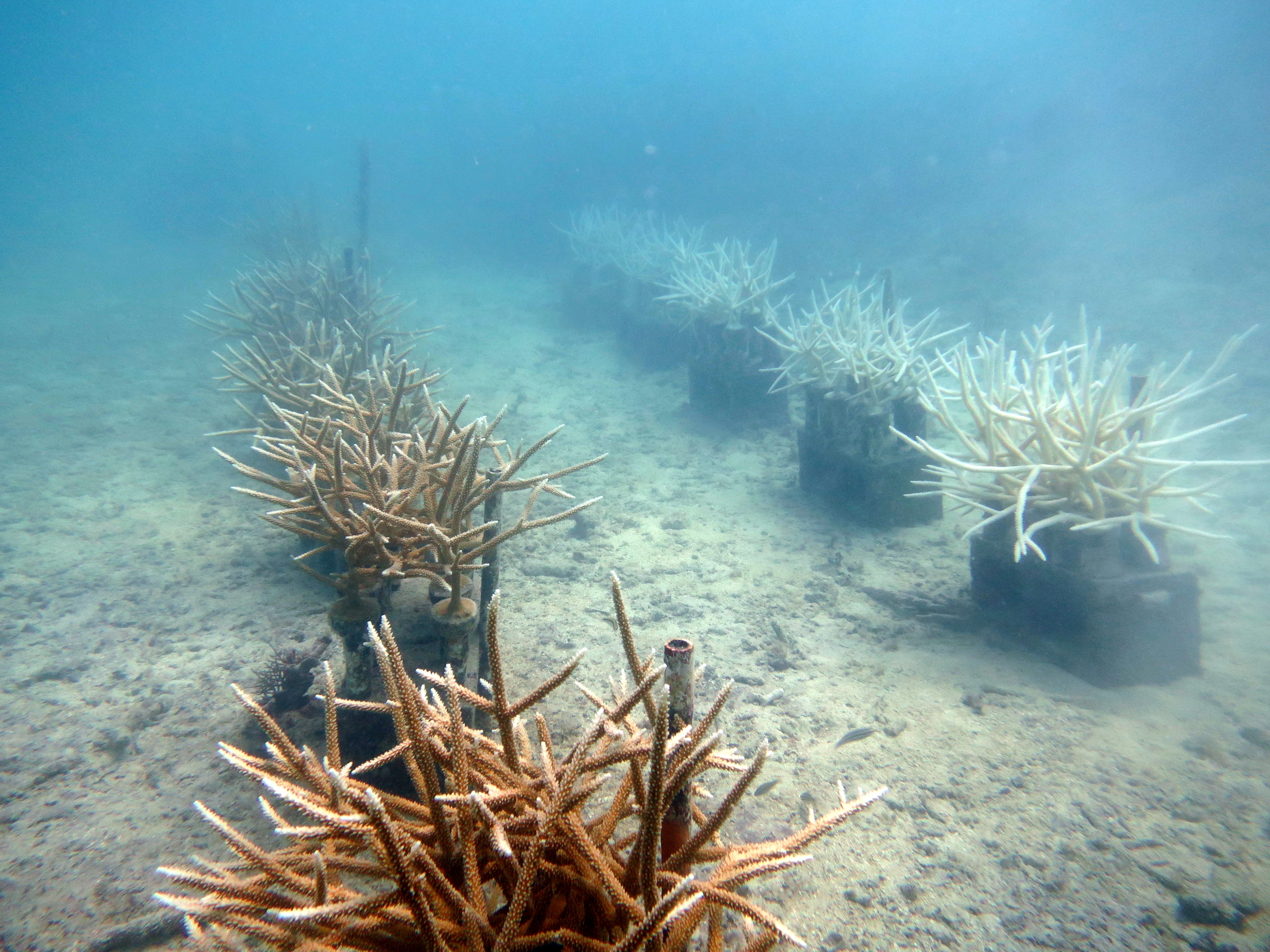
Assisted Evolution: A Novel Tool to Overcome the Conservation Crisis?
Hear the discussion of the legal, social, ethical and scientific landscape of conservation genetics today. This symposium was live streamed as part of the Coral Restoration Consortium webinar series in conjunction with The Geomar Helmholtz Centre for Ocean Research Kiel and “The Future Ocean” cluster in Kiel.
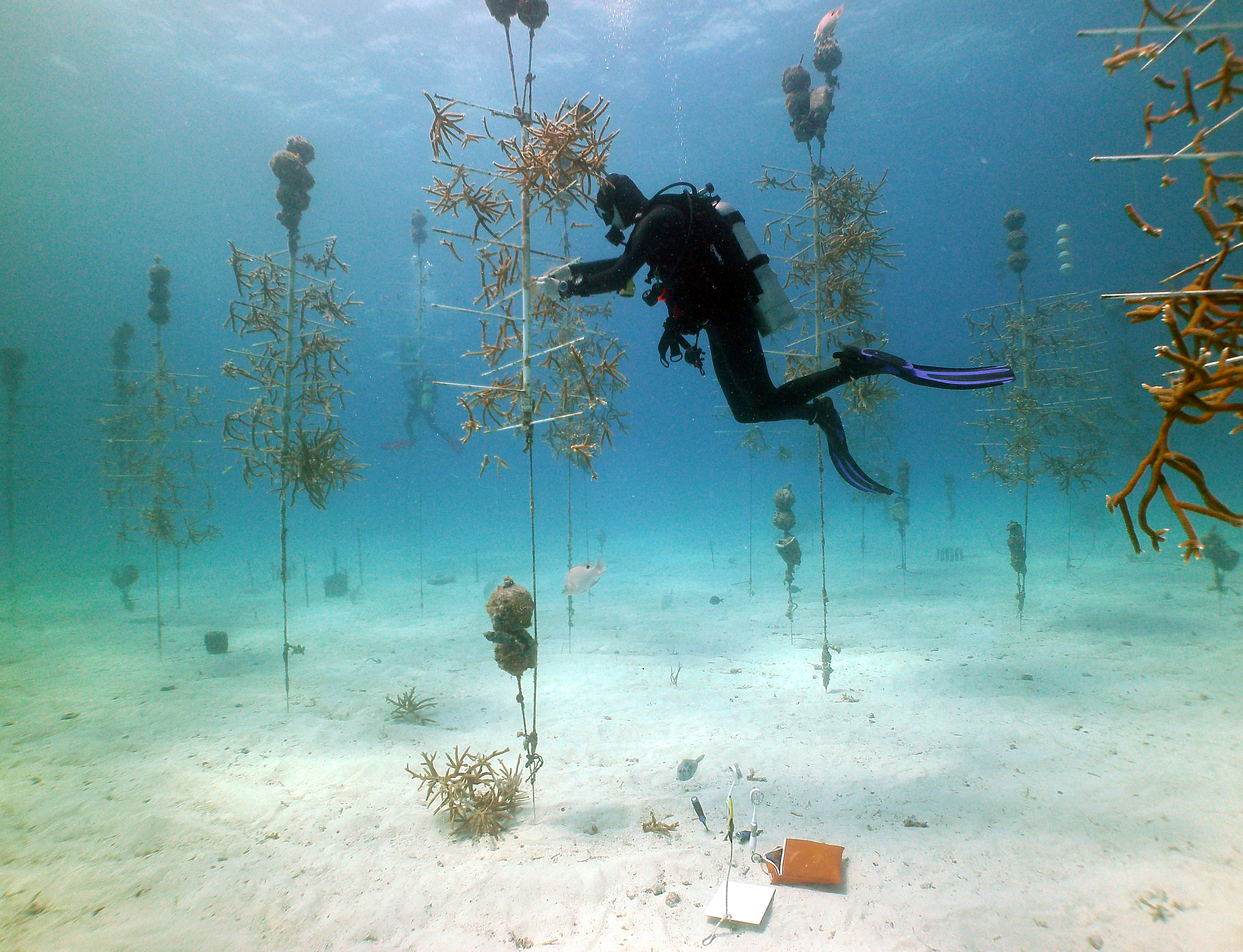
Workshop to Advance the Science and Practice of Coral Restoration
This workshop was held November 15-17, 2016 with the goal of fostering collaboration and technology transfer among coral restoration scientists, practitioners, and managers, and initiating a community of practice that continues to address the evolving role of active...
Adaptation Design Tool Online Course Announcement
This mentored course has already taken place, but you still find the Adaptation Design Tool self-paced course here. Ready to get practical with adapting your management activities in light of climate change, but wondering how to organize what can be a complicated...
Manager Success Stories
While there are many stories to tell, here is what support from the Network looks like and how it translates into real action for improved coral health. Meet the managers: Read more manager spotlight stories to learn about other projects.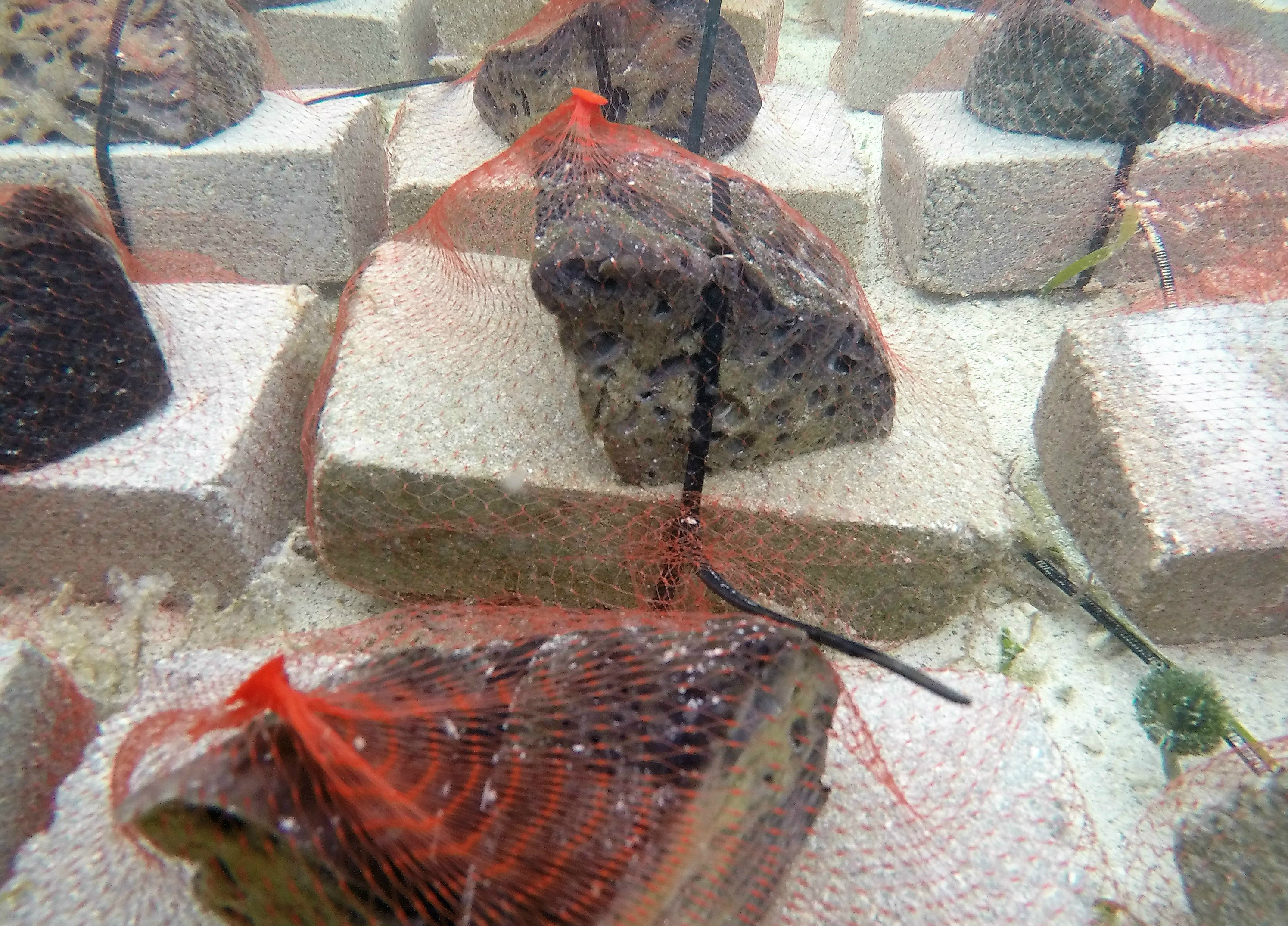
Restoration Workshop Live Stream
This live stream of the Coral Reef Ecosystem Restoration Workshop at the U.S. Coral Reef Task Force meeting was broadcast as part of the of Coral Restoration Consortium webinar series and features two panels highlighting research and restoration of sponge and coral...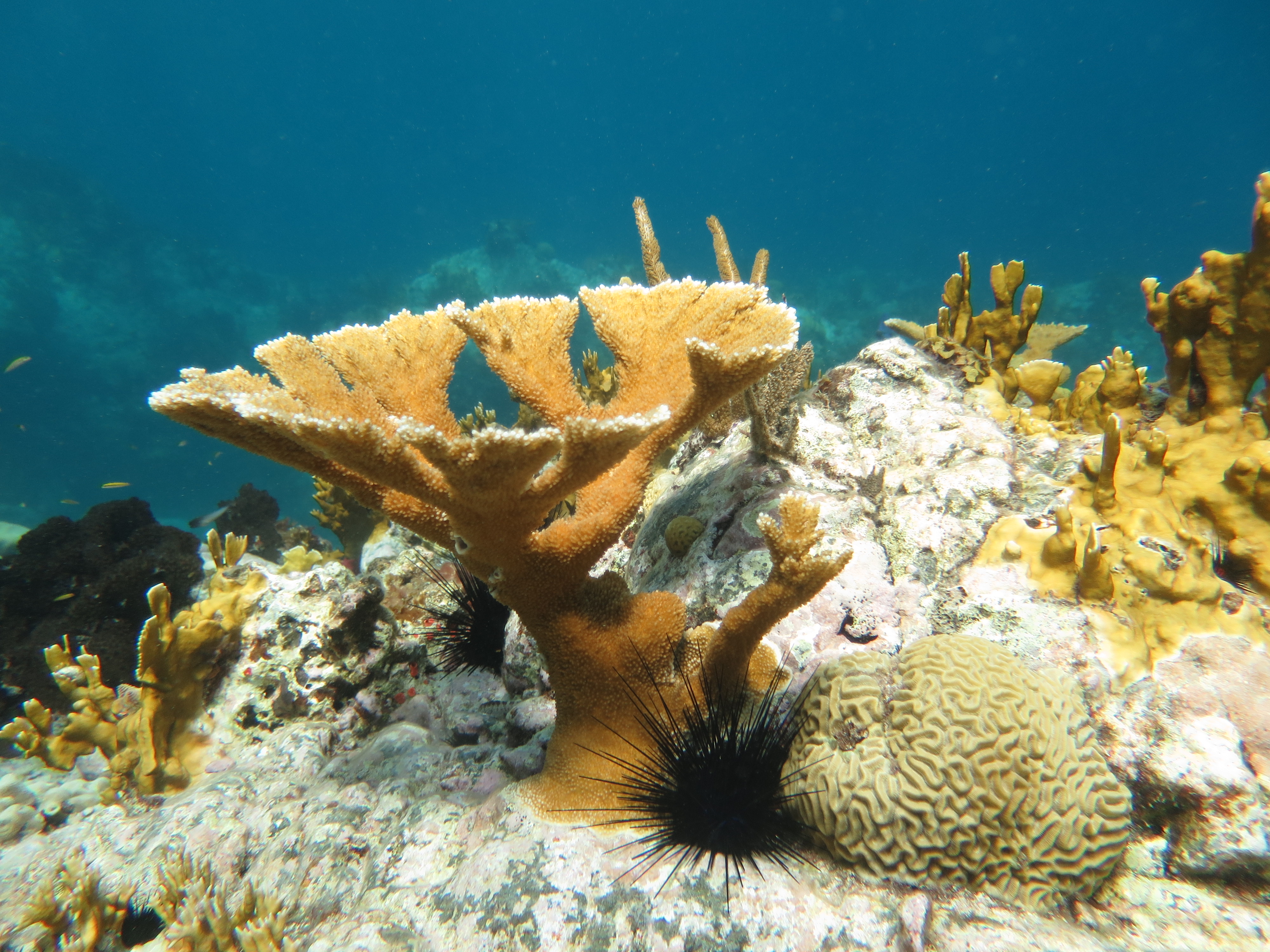
Leading coral science and conservation organizations joining forces to accelerate vital reef restoration work
We are pleased to announce the formation of a new Coral Restoration Consortium (CRC). The CRC is a community of practice that comprises scientists, managers, coral restoration practitioners, and educators dedicated to enabling coral reef ecosystems to adapt and...
New Techniques for Coral Restoration Seminar
SECORE International hosted a workshop at the Carmabi Marine Research Station Curaçao from May 18th – 27th. The opening day of the workshop started with a seminar to provide a global picture of coral restoration, discussing current obstacles and potential...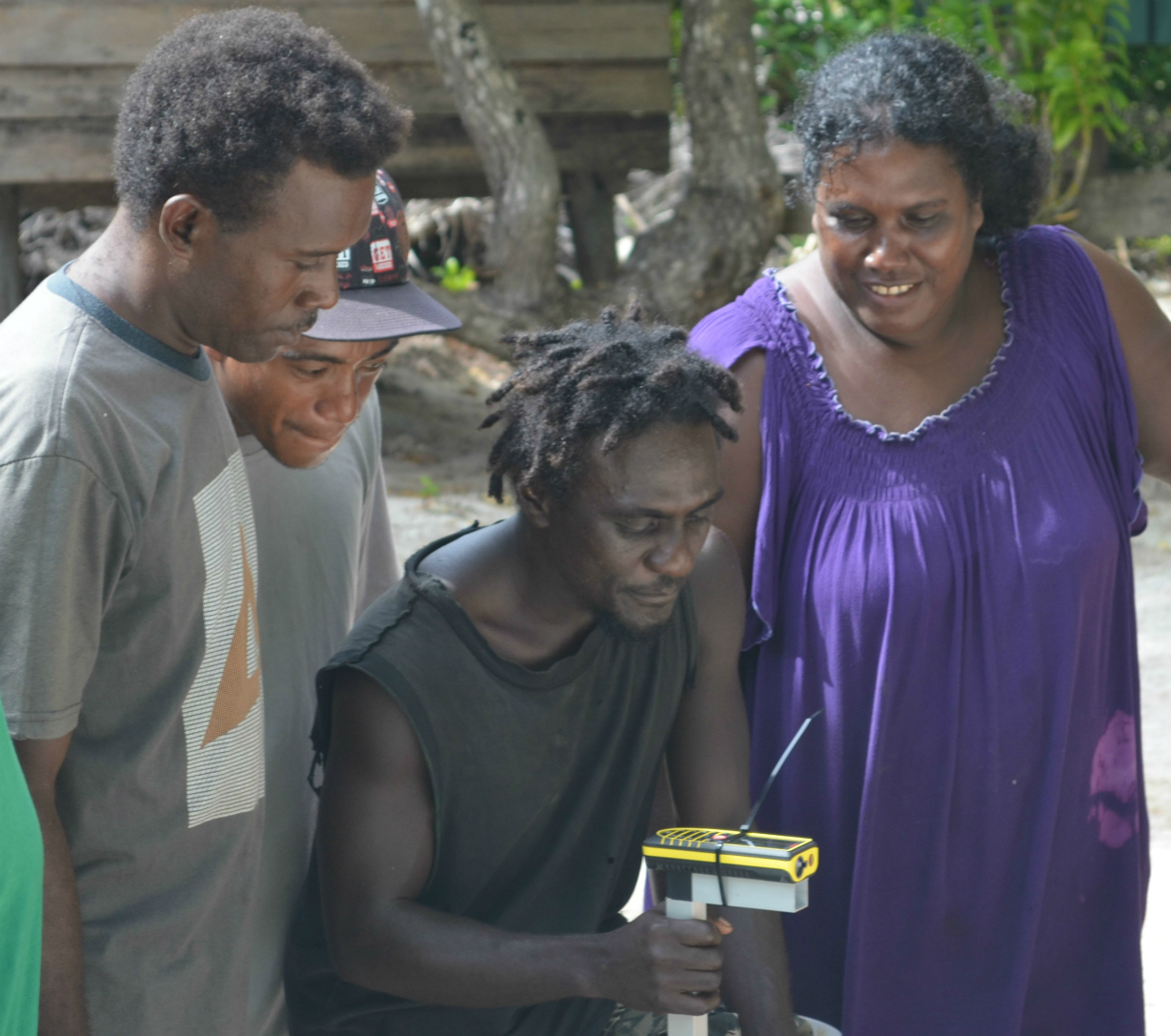
New Resource on Community-Based Climate Adaptation
We recently launched our new Community-Based Climate Adaptation module which complies the latest scientific guidance and tools to help managers assess social and ecological vulnerability to climate change and other stressors. We interviewed Lizzie McLeod, our...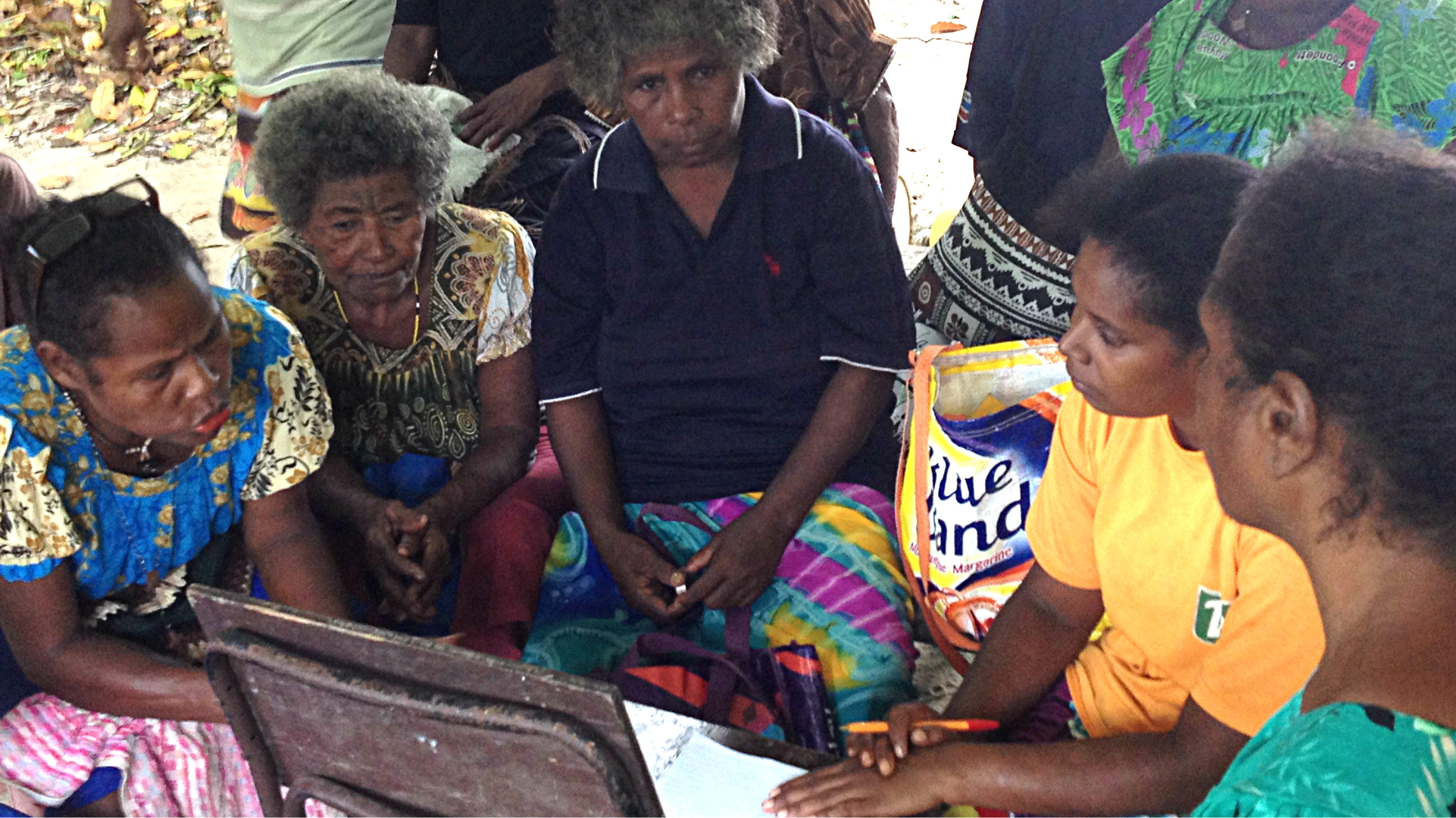
Lead Scientist, Lizzie McLeod on Women, Gender Equality and Climate Change
Climate change affects individuals, communities, and entire ecosystems, but its impacts are not evenly distributed. Around the world, women are disproportionally impacted by poverty, political disenfranchisement and are often more reliant on natural resources for...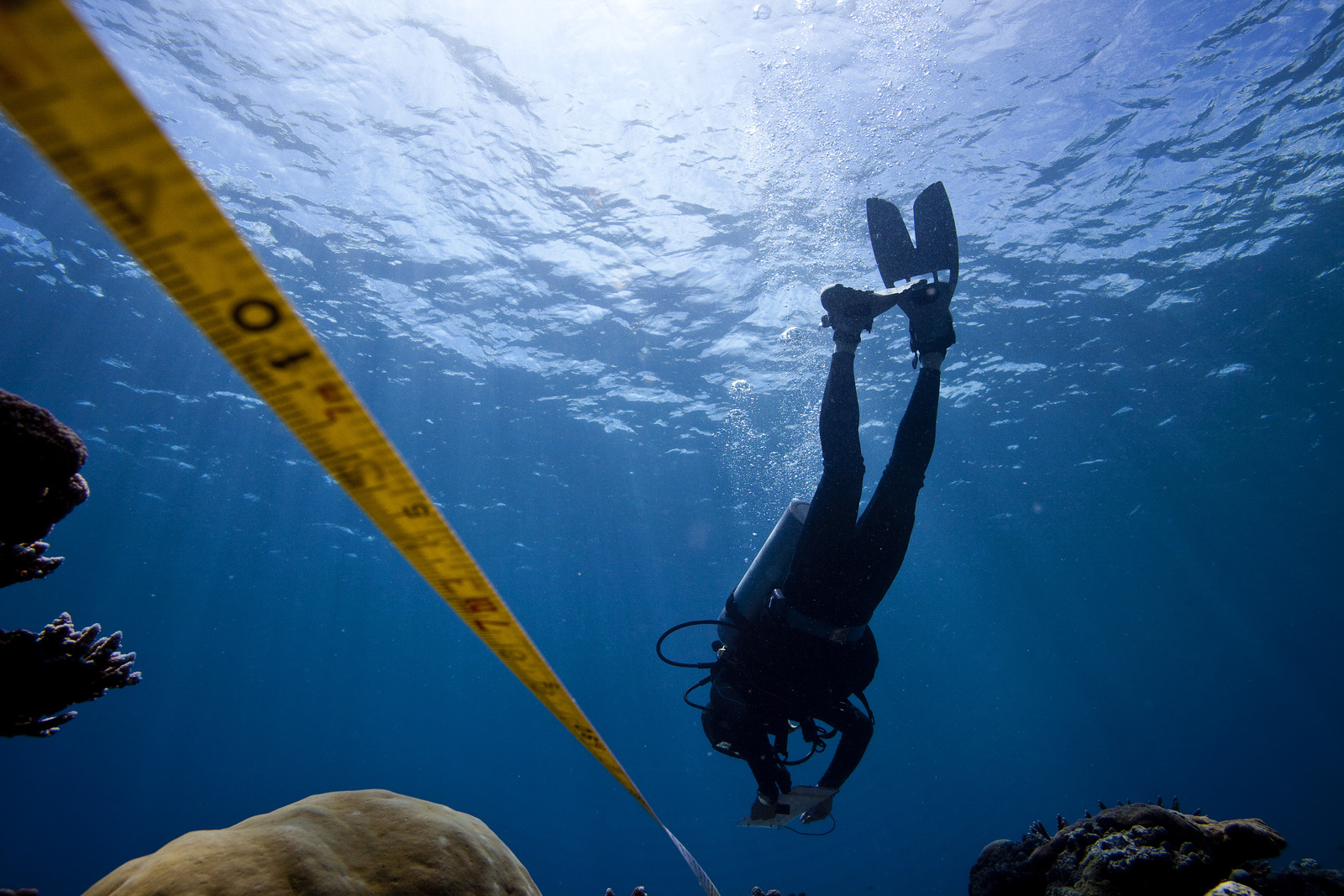
How Scientists Can Inform Marine Resource Management
How will improving understanding of marine ecosystems lead to better management and conservation? One of our lead scientists, Dr. Elizabeth McLeod, provides helpful tips for marine scientists on how to make their research more useful for managers. Read the article....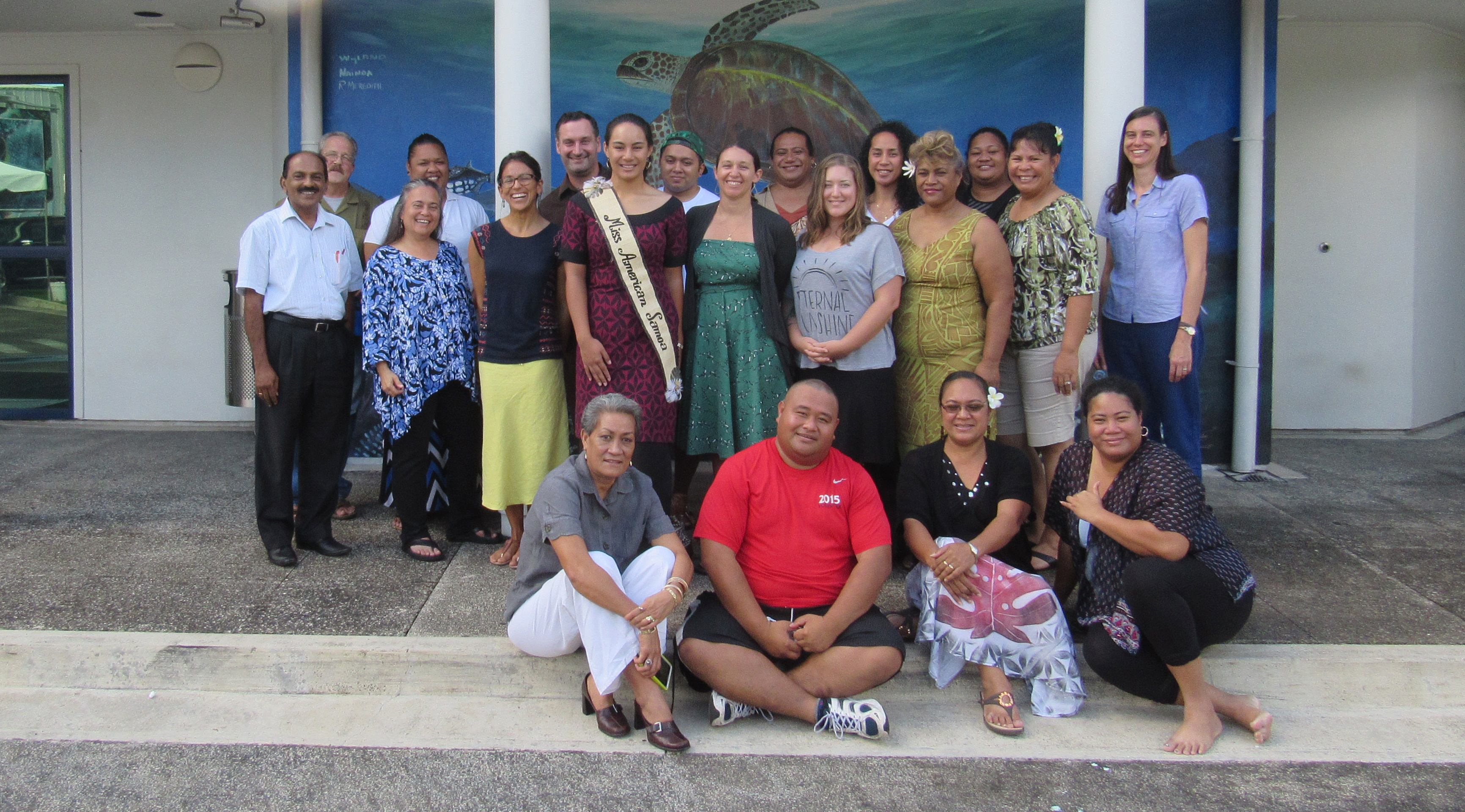
Year in Review
In 2016, The Reef Resilience Network convened hundreds of marine resource managers, scientists, and decision-makers to inspire greater collaboration, share cutting-edge resilience science, and improve management decisions. The International Coral Reef Symposium and...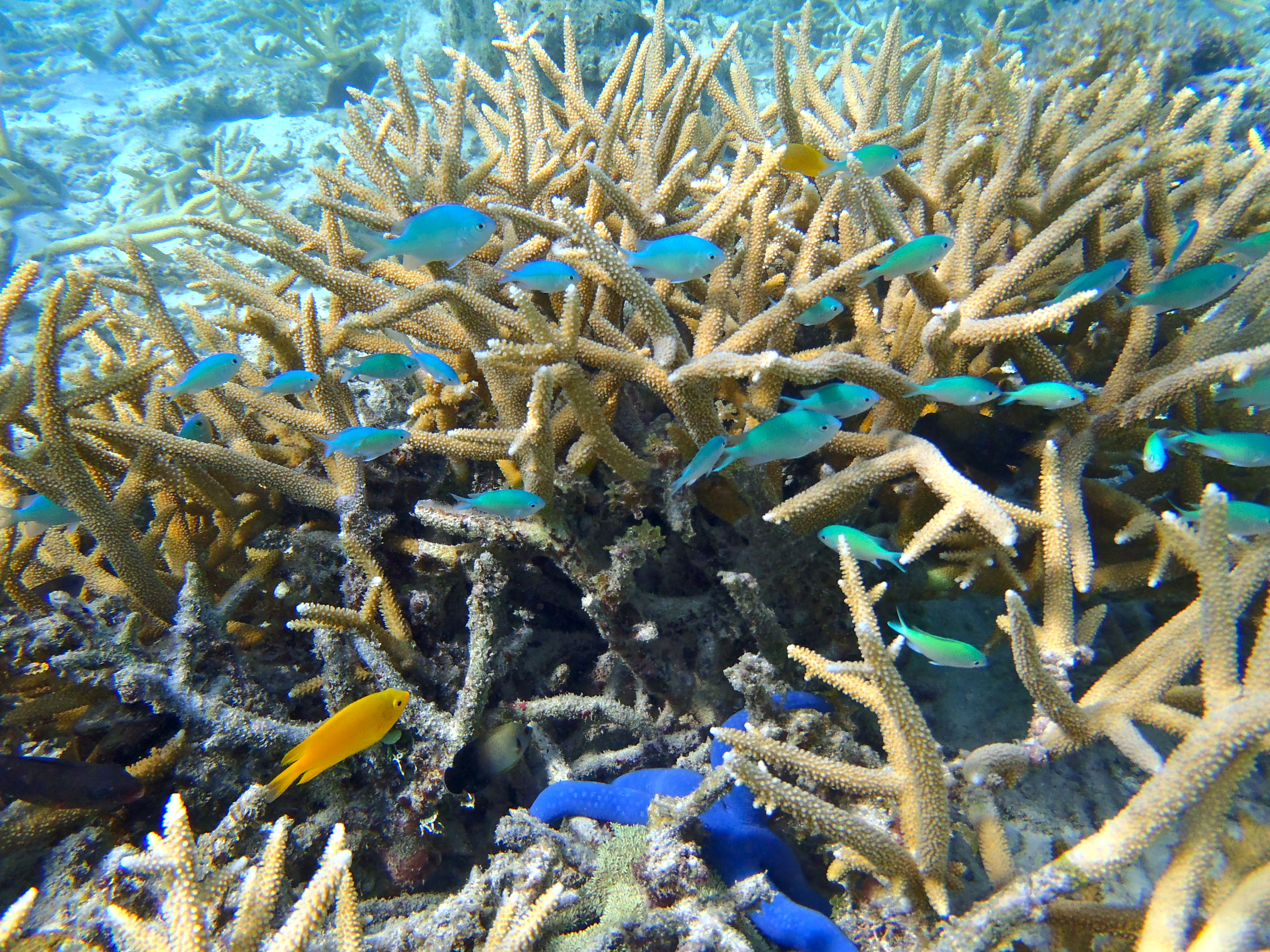
Looking for some thought-provoking resilience reads? Here are 5 recommended resilience papers from 2015-2016
Bright Spots Among the World’s Coral Reefs Marine Protected Areas Increase Resilience Among Coral Reef Communities Synergistic Impacts of Global Warming on the Resilience of Coral Reefs Building Coral Reef Resilience Through Assisted Evolution Operationalising...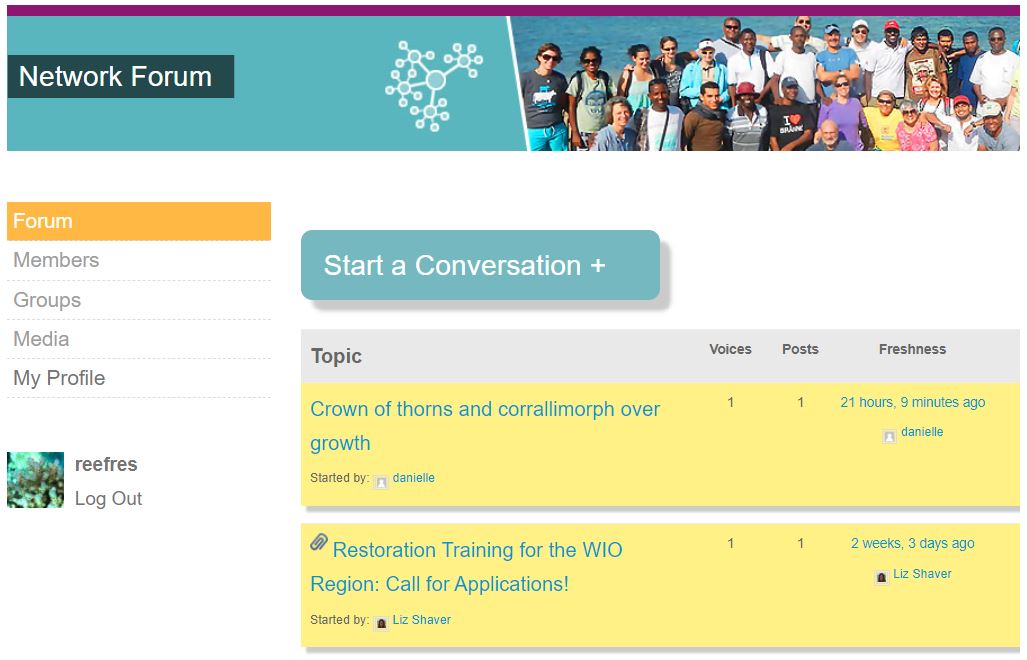
How do I join the Network Forum?
Follow these easy steps to join the Reef Resilience Network Forum, an interactive online community of coral reef managers and practitioners from around the world. Fill out and submit the registration form here. We will review your registration and contact you if we...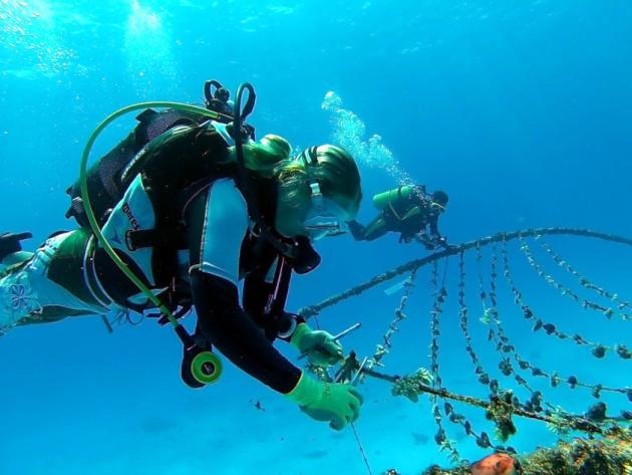
New Network Resources: Spotlight on the Western Indian Ocean
This month we’re highlighting recently developed case studies and webinars about coral reef and fisheries research and management strategies from the Western Indian Ocean (WIO). In showcasing management actions undertaken in the region, we hope to prompt ideas and inspire WIO managers and practitioners, as well as managers around the world. Happy reading and watching!
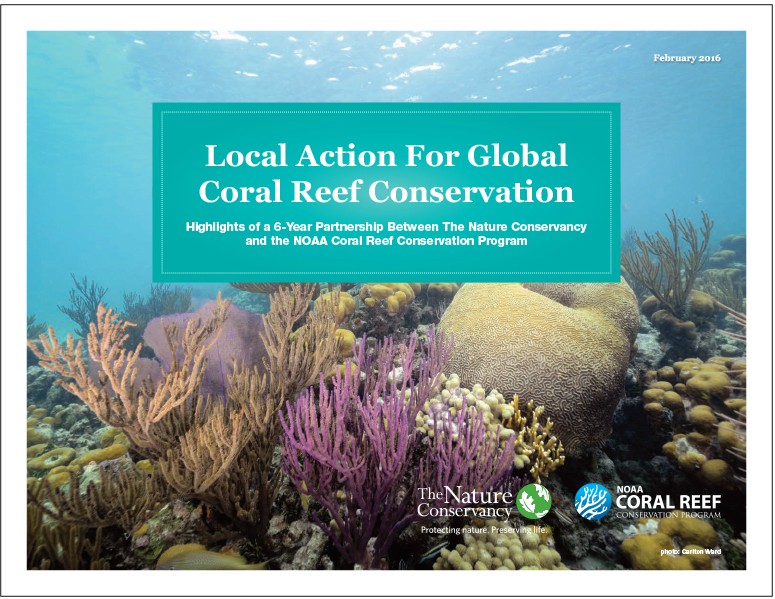
Local Action For Global Coral Reef Conservation
The Nature Conservancy, NOAA Coral Reef Conservation Program, and seven US coral reef jurisdictions completed a $10 million six-year partnership that supported the effective management and protection of coral reefs.
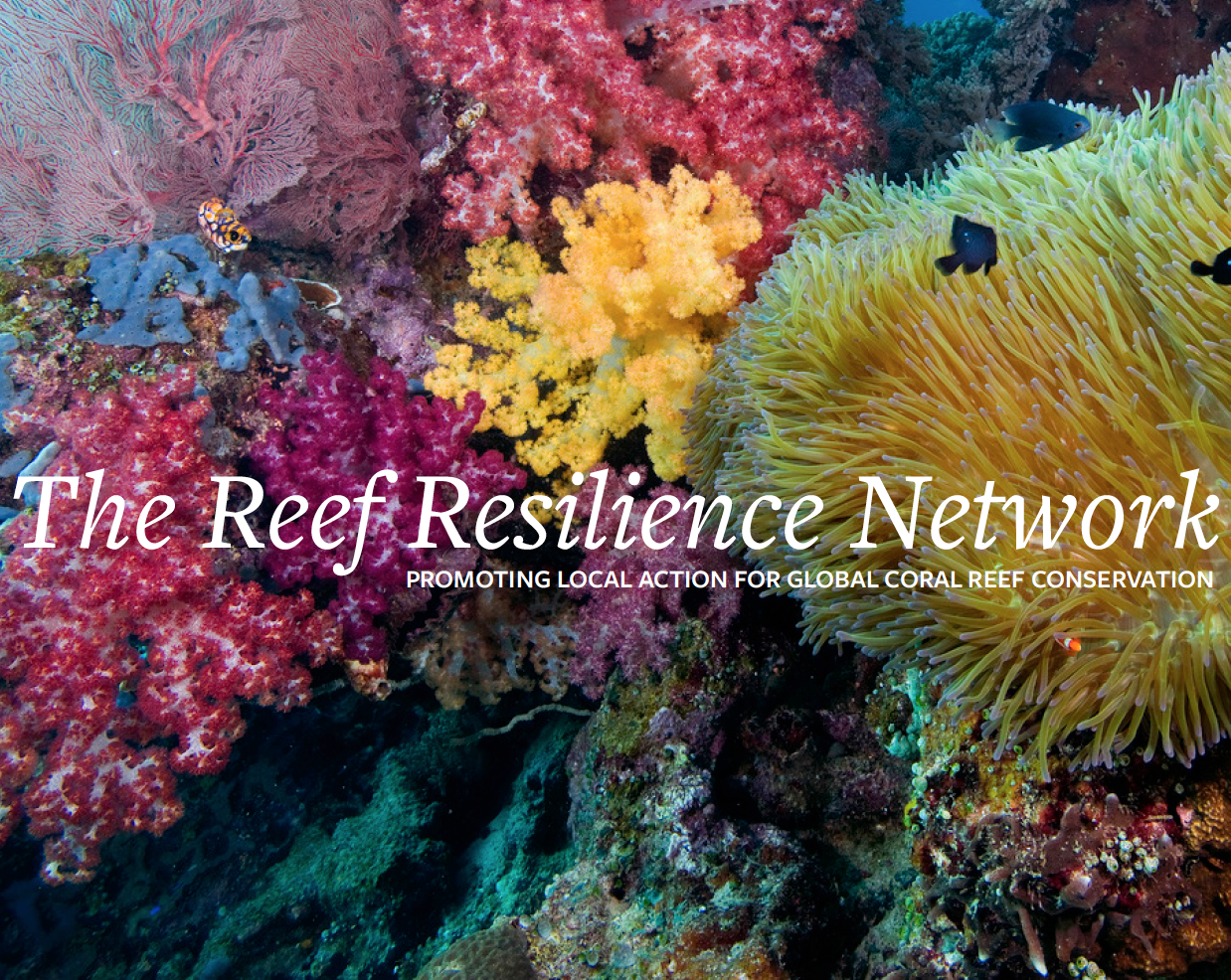
WE ARE 10!!!
Can you believe it? A decade ago, TNC – with the support of partners AROUND THE WORLD– launched the Reef Resilience Network, creating what would grow to become a global network of resource managers sharing ideas, experiences, and expertise to effectively manage our coral reefs and reef fisheries.
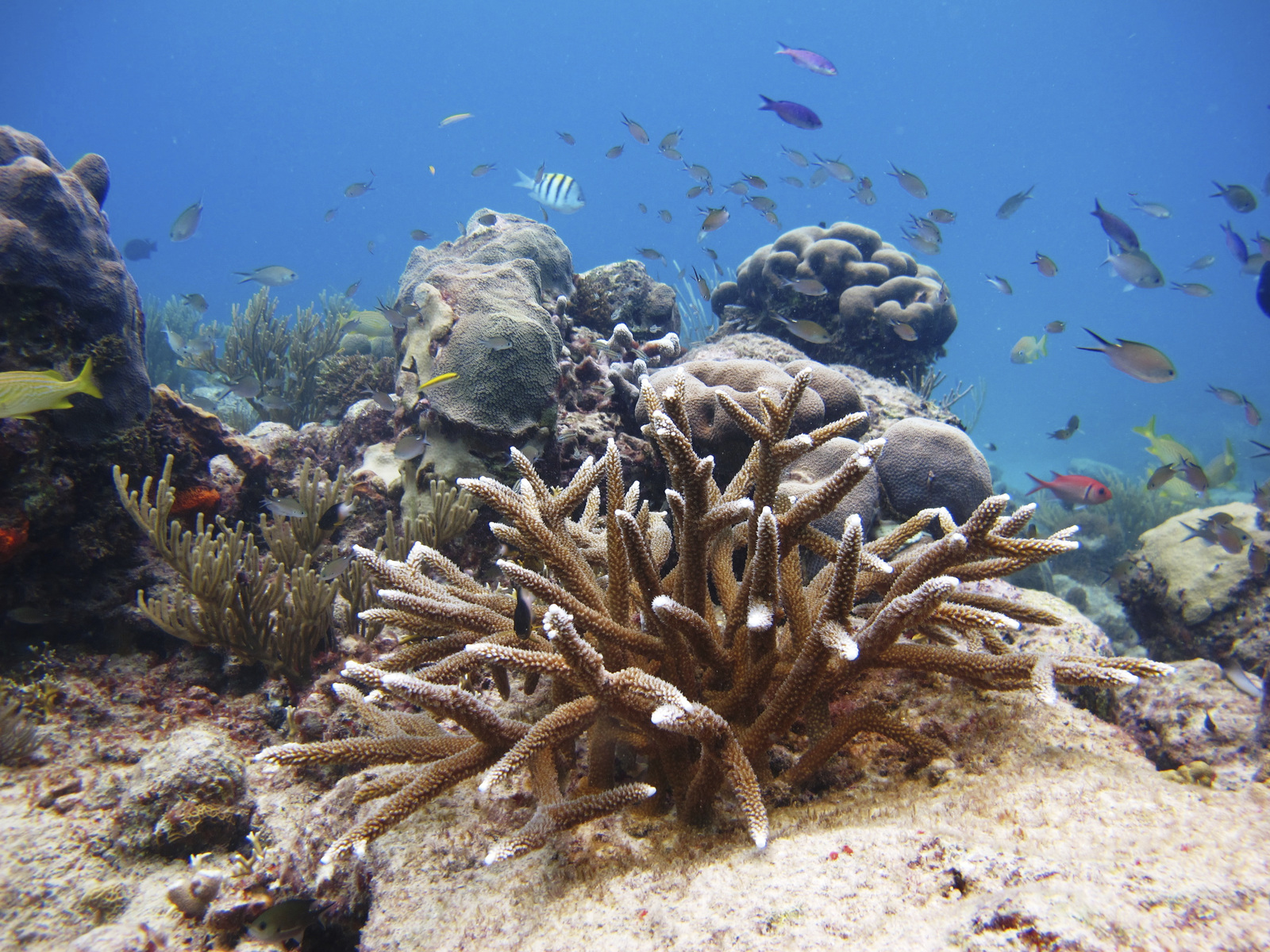
It’s not loo late for coral reefs
In a new article published today in the world’s leading academic journal, Science, Mark Spalding, Senior Marine Scientist for The Nature Conservancy looks at the broad issues surrounding the current situation of coral reefs and highlights points of hope. “There is growing concern around coral reefs,” said Spalding.
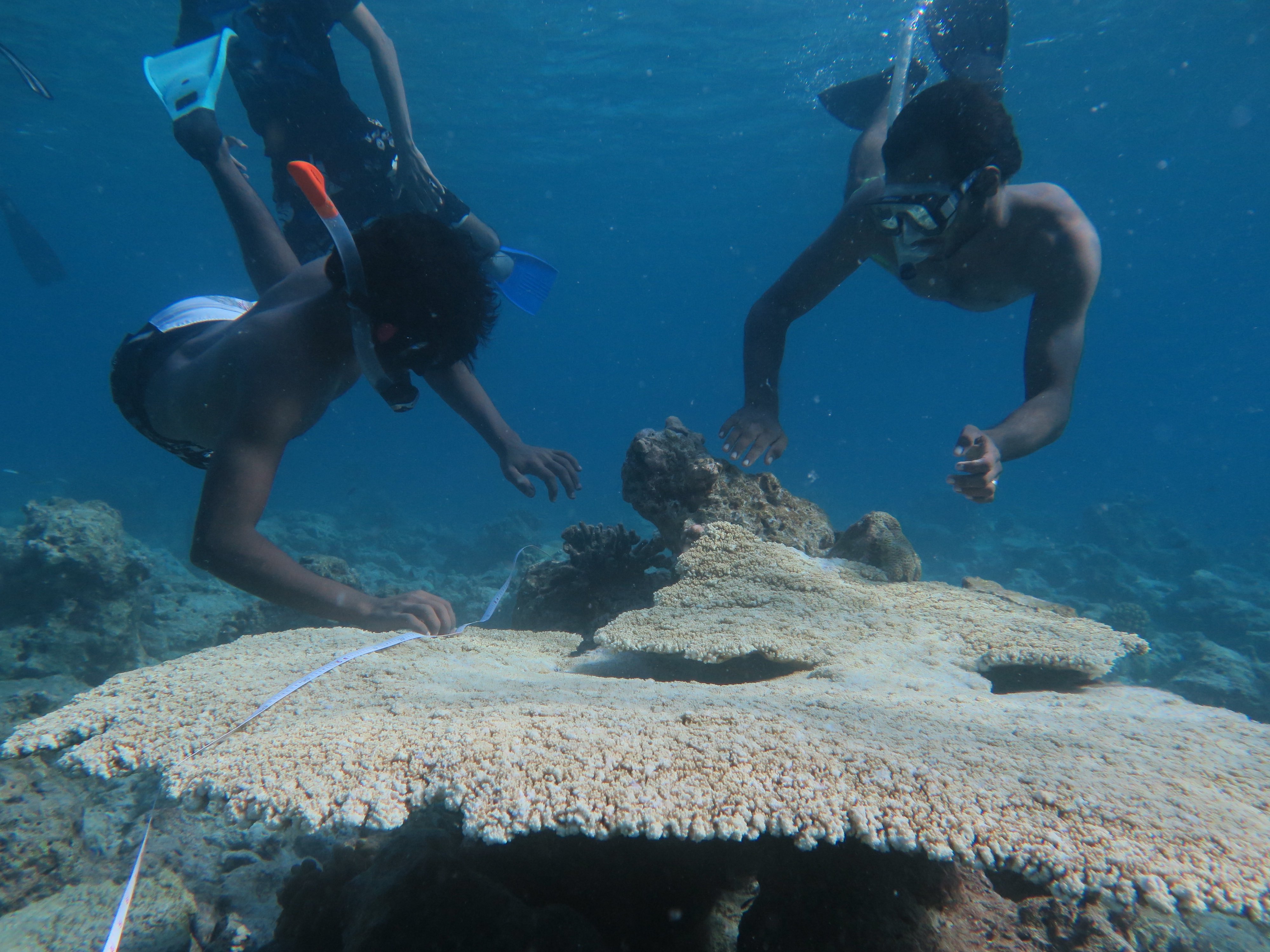
Behind-the-scenes on Project REGENERATE
Project REGENERATE, a collaborative conservation science and management project to enhance the resilience of social-ecological coral reef systems in the Maldives, supports the sustainable management of coastal resources, particularly coral reefs, in order to build economic, social, and environmental resilience to the adverse effects of climate change.
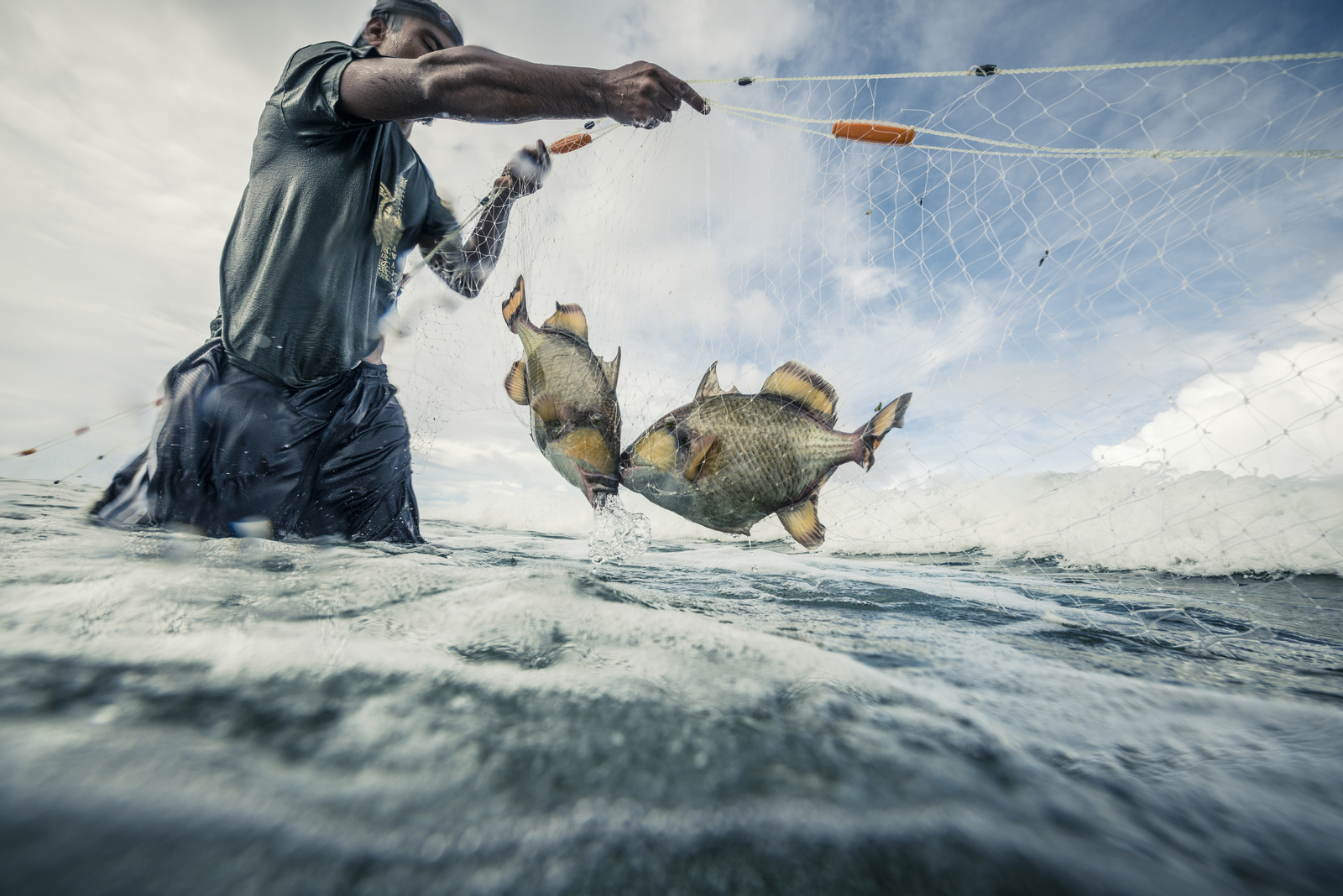
We’re excited to announce a new coral reef fisheries module!
The module features the latest coral reef fisheries science and management strategies.

